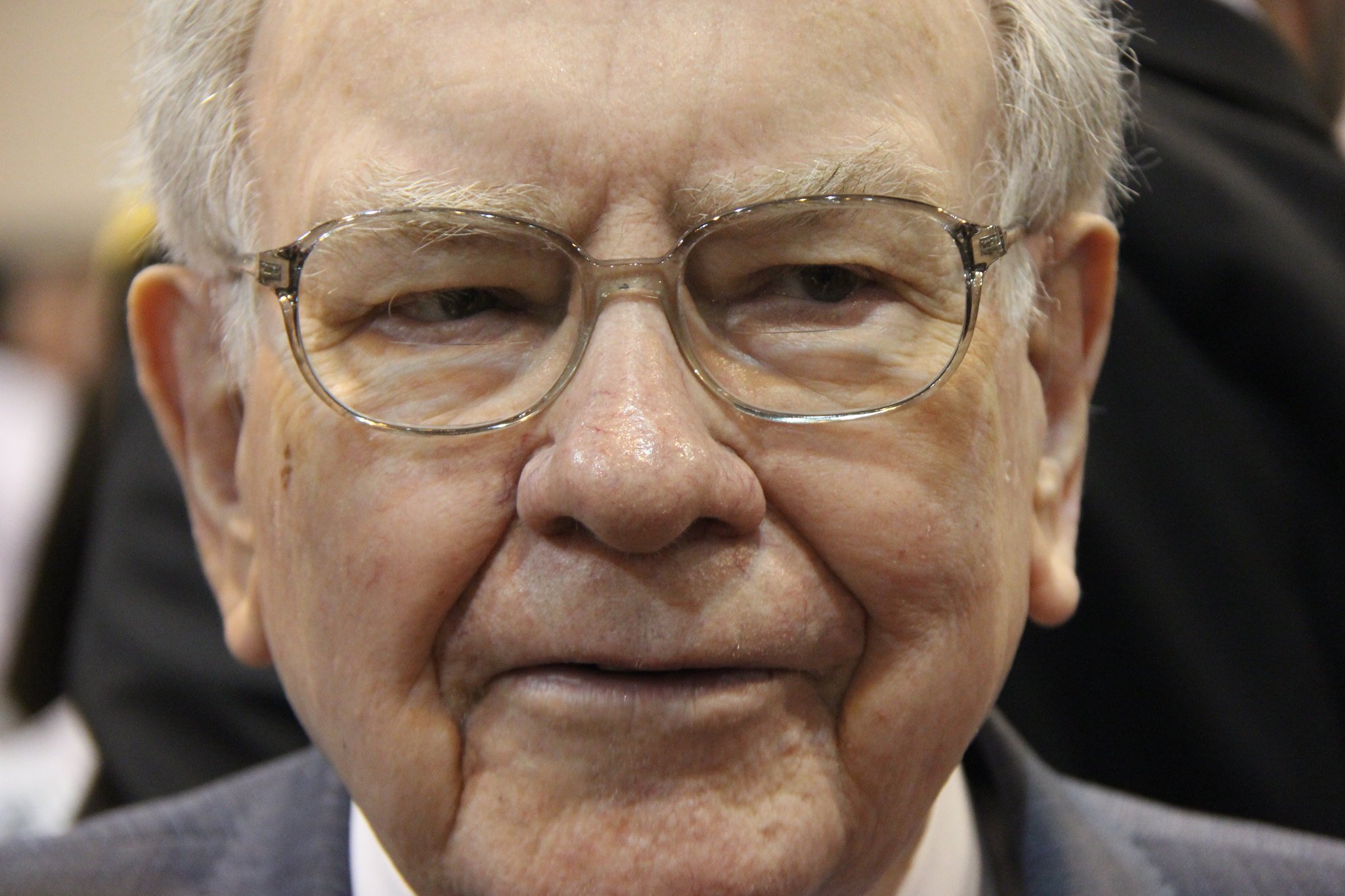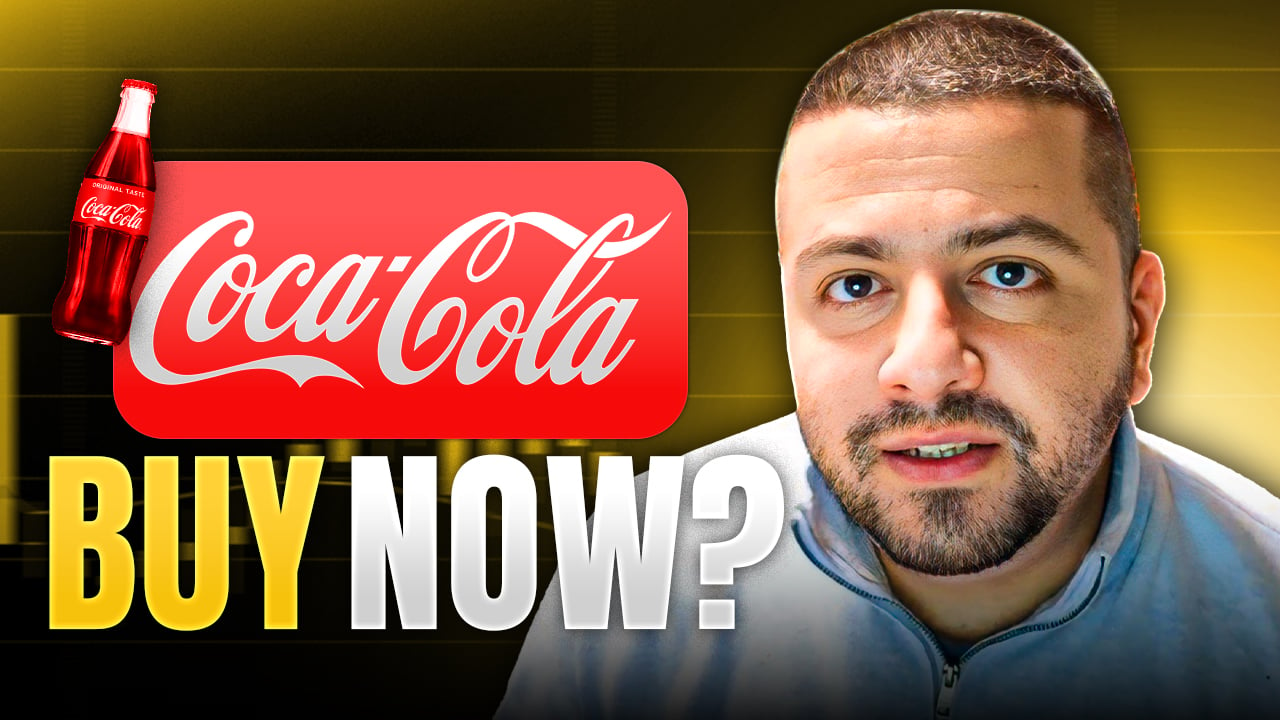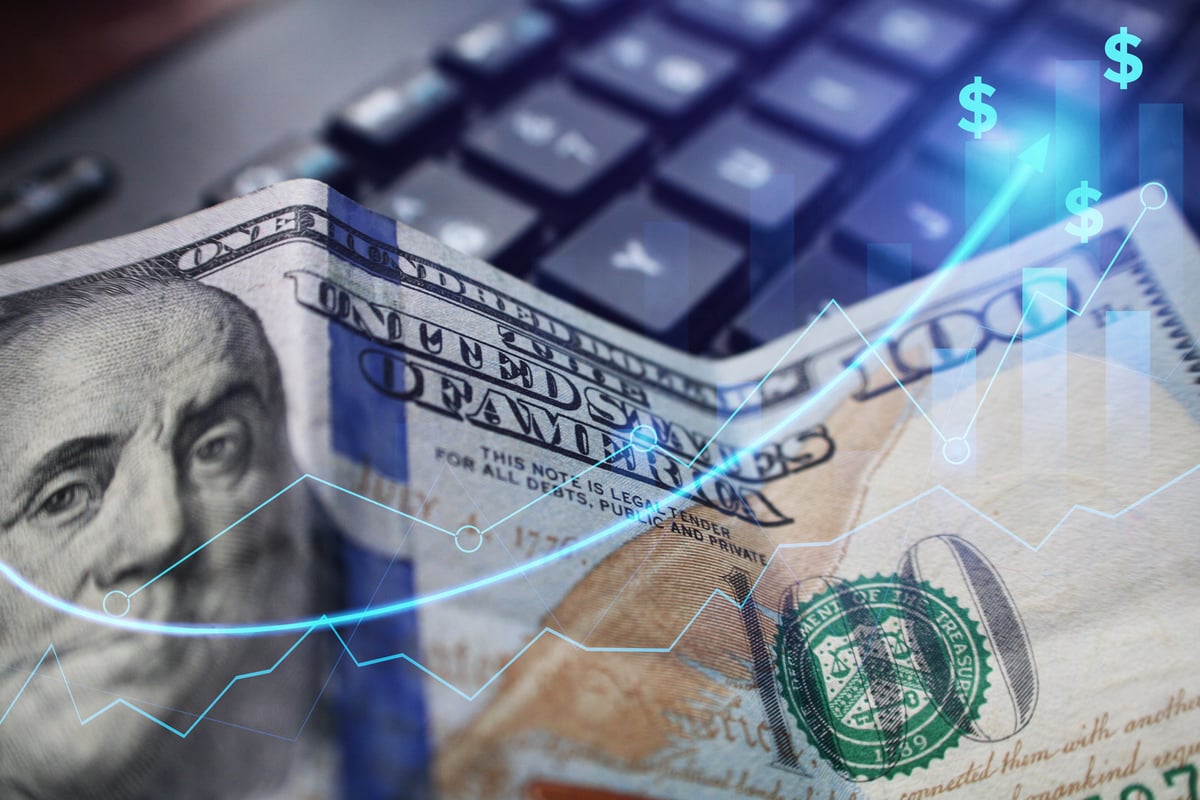
Considering it had up to three years to add to its position in Keurig Green Mountain (GMCR +0.00%), the fact that Coca-Cola (KO 0.43%) waited all of three months to boost its stake from 10% to 12%, and will ultimately take a total of 16% of the outstanding stock by the time it finishes buying shares on the market, leaves you wondering just when the soda giant will swallow whole the do-it-yourself coffee brewer.
But has the at-home soda system market changed so much in that brief period of time that it needed to pull the trigger on its option to buy? We know soda sales have been on a decade-long skid that shows no signs of abating, and Coke's first-quarter sparkling beverage volumes in North America, its largest market, fell 1% from the year-ago period, even if that was ahead of the industry as a whole. Its still beverages -- the juices, teas, waters, and sports drinks -- have been the real strength of its domestic portfolio.
We also know that the leading player in the DIY soda market, SodaStream International, is seeing sales growth evaporate at an accelerated rate. Where once it was expanding at triple-digit rates in the Americas segment, now its largest contributor to revenues, fourth-quarter sales were up in just the mid-teens, and the trend continues downward. Admittedly, no company can maintain such meteoric growth rates for an extended period of time, but the speed at which the air has escaped is what's troublesome.

Source: SodaStream International SEC filings.
That would suggest why Coca-Cola was twice willing to invest the equivalent of SodaStream's market cap (more than, actually) in Keurig Green Mountain, even though the home appliance maker won't have a cold beverage machine on the market till next fiscal year. Although SodaStream has previously predicted the in-home market could be as large as $40 billion and reach 100 million homes (it currently penetrates just 1.1% of households), the DIY soda jerk increasingly looks like it won't be the vehicle to achieve it.
Despite the constant chatter of a big partnership always being just around the corner, one never seems to materialize. PepsiCo, Starbucks, and even Dr Pepper Snapple Group have all been mentioned as possible contenders for a co-branding deal similar to Coke and Keurig's, but Pepsi already has a tangential partnership with DIY soda maker Bevyz; Starbucks is launching its Fizzio line of sodas; and Dr Pepper, with just $120 million in cash but $2.5 billion in long-term debt, doesn't seem to have the financial wherewithal to make a consequential investment at the moment. I think there are also geopolitical reasons that none of them will do so, either.
All of which leads me to think Coke won't buy out Green Mountain, at least not anytime soon. While the beverage giant followed something of a similar path with coconut water maker Zico, establishing an initial stake in 2009, acquiring a majority position in 2012, and completing the takeover last November, all for an unspecified amount (though likely much less than its investment in Keurig), the in-home soda market has yet to prove itself more than a niche product. A multibillion-dollar investment is sufficient to test the theory that it can be more than that without having to buy the company whole.
Moreover, as Coca-Cola starts the process of refranchising its bottling operations once more, it would hardly want to come into conflict with its bottlers, which a buyout could create depending on how Keurig ultimately carbonates its beverages. Although there's speculation over how it will be achieved, I think it's reasonable to assume it's not the vaporware Whitney Tilson suggests, or else Coke wouldn't be pouring over $2 billion into the plan.
It seems the latest investment by Coca-Cola continues to validate that there is market potential for DIY cold beverages, but it's no more than support to establish a large footprint in the niche -- and investors shouldn't think Keurig Green Mountain will be receiving a buyout offer anytime soon.






